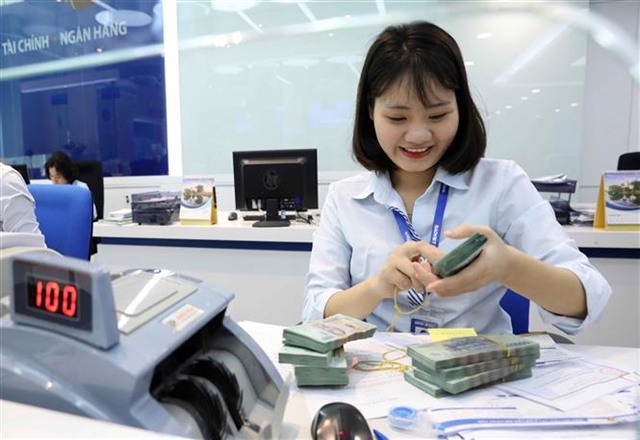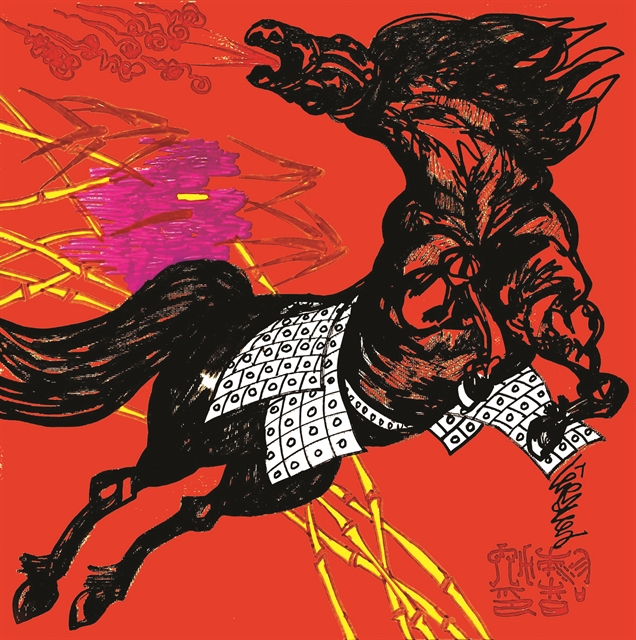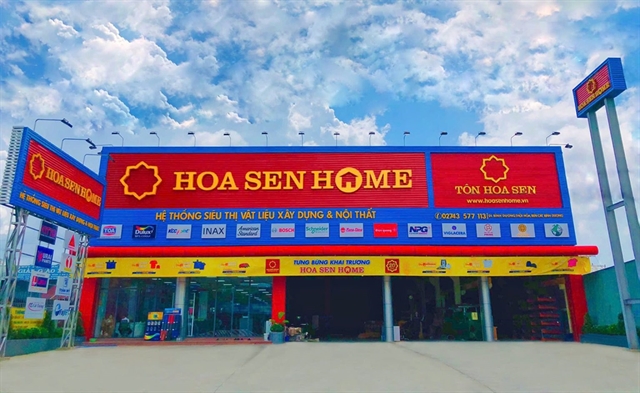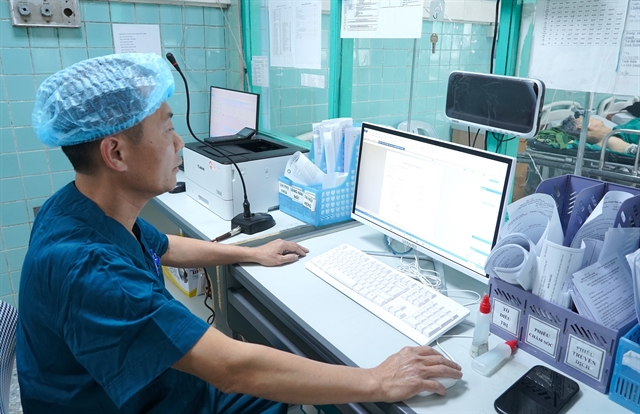 Society
Society

The national steering committee against smuggling, trade fraud and counterfeit (Steering Committee 389) has reported that 12,000 smuggling and trade fraud cases were penalised over the first six months of 2017, an increase of 1,000 cases compared to the same period of 2016.
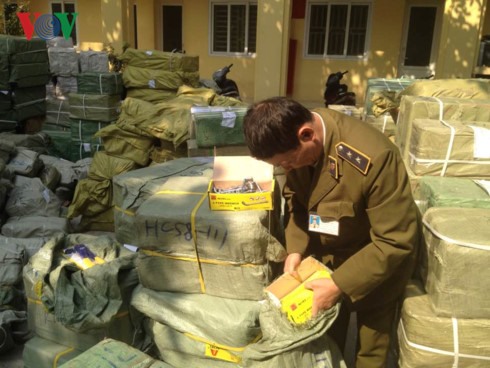 |
| A Hà Nội market management official checks goods that were seized as part of a smuggling case in June.—Photo vov.vn |
HÀ NỘI – The national steering committee against smuggling, trade fraud and counterfeit (Steering Committee 389) has reported that 12,000 smuggling and trade fraud cases were penalised over the first six months of 2017, an increase of 1,000 cases compared to the same period of 2016.
The figures indicate that smuggling and trade fraud in Hà Nội has become more complicated and the fight against the crime remains very difficult, the committee’s officials said.
Illegal goods were transported by organised smuggling rings with networks extending from border areas to downtown of Hà Nội.
Smuggled commodities regularly included tobacco, wine, fruit, agricultural products, ready-made clothes, electronics, technique products, cosmetics, dietary supplements and poultry.
Major General Đinh Văn Toản, Deputy Director of Hà Nội Police, said that over the last six months, the city police force handled 1,300 smuggling and trade fraud cases with a total fine of VNĐ49 billion (US$2.1 million) and tax arrears of VNĐ264 billion ($11.6 million).
"Through the investigation of main cases, we realise that smugglers and trade fraudulent users are taking full advantage of technology to order goods and establish contracts,” he said.
“Their tricks aren’t simple and similar to those of previous years. On the contracts, trade fraudulent users have tricks to erase information in the process of collecting goods from abroad. It’s very sophisticated," he added.
The economic police force investigation reveals that smugglers and trade fraudulent users often fill in purchase invoices an amount of money lower than the real selling price, or the incorrect amount of goods quantity, or items of goods and re-used the purchase invoice.
The Hoàng Mai District was revealed to be a key smuggling zone, as it is home to bus stations and hundreds of stores. Smugglers transport goods at different routes and different times of day.
Nguyễn Kiều Oanh, deputy chairwoman of Hoàng Mai District People’s Committee, said most local warehouses contain Chinese goods including automotive parts, detergents and electronic devices.
She admitted that local authorities’ weak warehouse network management led to the ineffective fight against smuggling and trade fraud.
She proposed that steering committee 389 work out new regulations on warehouse business condition, standard of qualified warehouse, in order to ensure fire safety and quality of goods.
"Inter-sector inspection teams should support local authorities to examine regularly and manage the best warehouses," she said.
The steering committee 389 reported one of the key difficulties in the fight against smuggling and trade fraud in Hà Nội was the lack of synchronous legal documents or effective punishments.
However, Nguyễn Văn Hồng, deputy director of Customs Department, said that the primary cause was ineffective coordination among relevant offices, including customs, market management, tax and economic police.
Hồng said that although the Government had provided regulations on the provision of information to agencies operating in airports, co-ordination remained very difficult.
"Every agency has its own secret. Police have their own secrets, so sharing is very limited, despite well-promulgated regulations,” he said.
“In my opinion, one of the effective anti-smuggling solutions is the sharing of information between relevant offices.” —VNS

